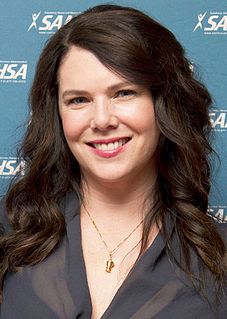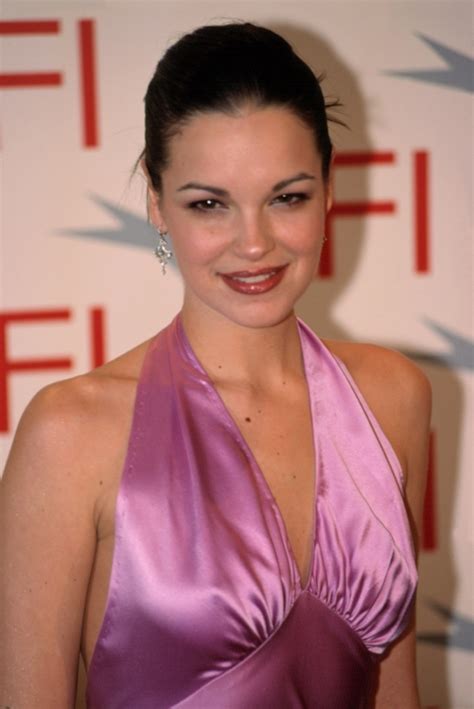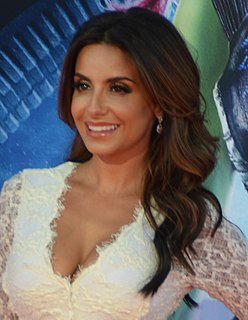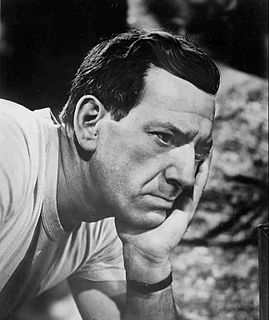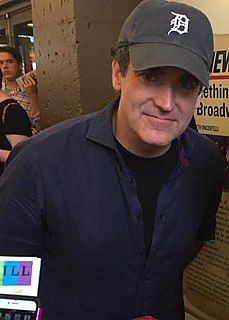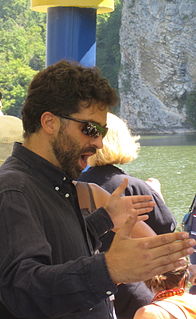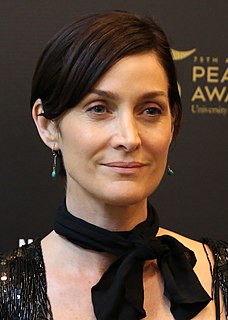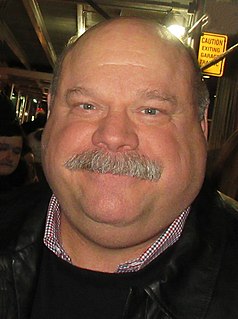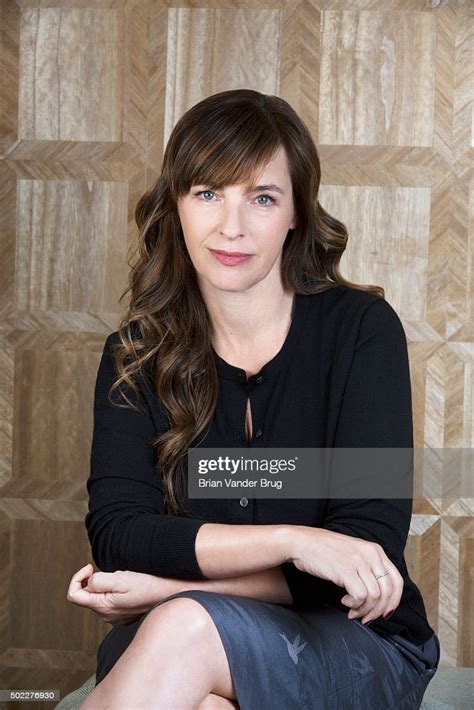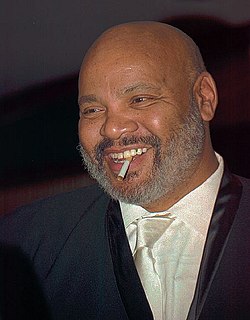A Quote by Lauren Graham
I'm baffled when young actors aren't familiar with current film, television and theater, or aren't interested in older films or plays and the history of the craft in general. If you don't know what's out there, and what came before, then how can you picture yourself working, and how can anyone else?
Related Quotes
I wish that there was a program in college that taught you what to do about getting head shots, how to get an agent, how to get a manager, how to - none of that was taught. It was all your craft, and I'm very appreciative that they taught the craft in theater, but film and television are completely different than theater.
I want to keep working. I want to step away from young adult fiction. I want to do theater periodically - Farragut North reminded me how great it is. I started out in theater. I trained in theater and then I kind of fell into film and TV. I want to work with interesting artists, talented actors, talented directors, and talented scripts. Not necessarily leading roles.
Film and stage are very different; I don't necessarily prefer one over the other. Every few years, I get a big itch to go back to the theater. To learn humility, to learn bravery and to remind yourself that the pistons that drive your craft are working on full power. And to remind yourself how badly paid actors can be.
I went to film school when I was 17, and of course when you are very young you think that there is nothing else in the world except film. At some point I started getting hungry to see something else. For five years I didn't make any films, I was traveling around the world, writing for newspapers, working in theater, working in opera, I thought I would never return to film.
I started doing documentaries in the first place because of the war. I always wanted to do feature films, and I studied directing when the war started, so I was working with actors before, in film and in theater. So I think it's easy to work with actors when you have a script that is clear, when they know what and why they are doing it.
It's extremely difficult and very challenging to be a woman in film and television. Just showing up in this business forces you to know yourself. But I learned how to deal with rejection and get tough when I was working as a model - it taught me how to put myself out there. In a way, my time modelling was a preparation for life.
The actor has to have some degree of craft, along with the talent. No one tries to laugh except bad actors. No one tries to cry except bad actors. How a character hides his feelings tells us who he is. Most people don't know that, and most actors don't do that. Therefore, there are a lot of actors who put me to sleep, that are considered good actors, but they're predictable and boring. I know how the scene is going to end before it ends.
See, the thing that bothers me with young actors, young actors of color specifically, is that they see movies and television, and they figure that's all it is to it. They have no respect for the craft. They want to be, you know, movie stars or whatever. And I worry that we're losing a certain quality, you know?
